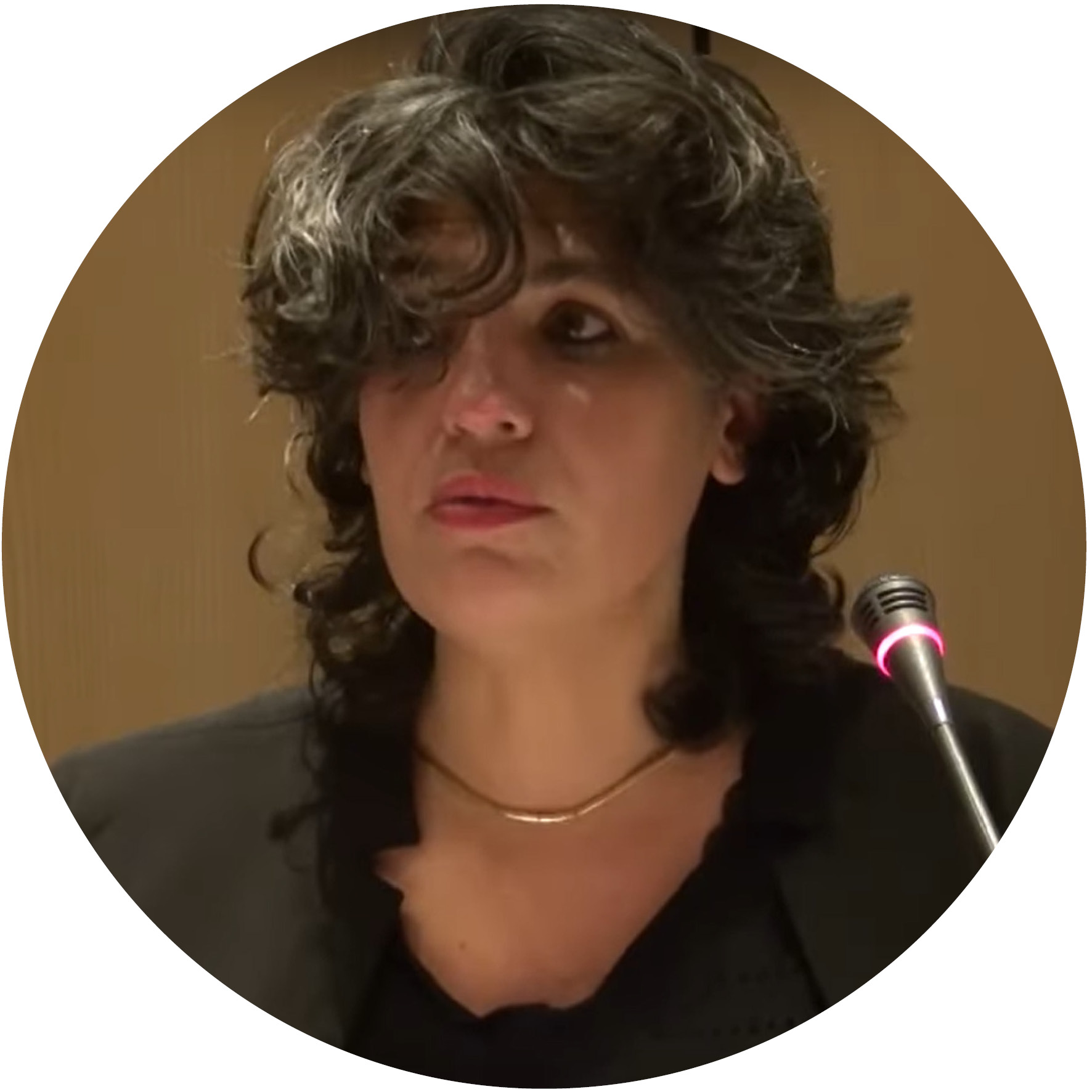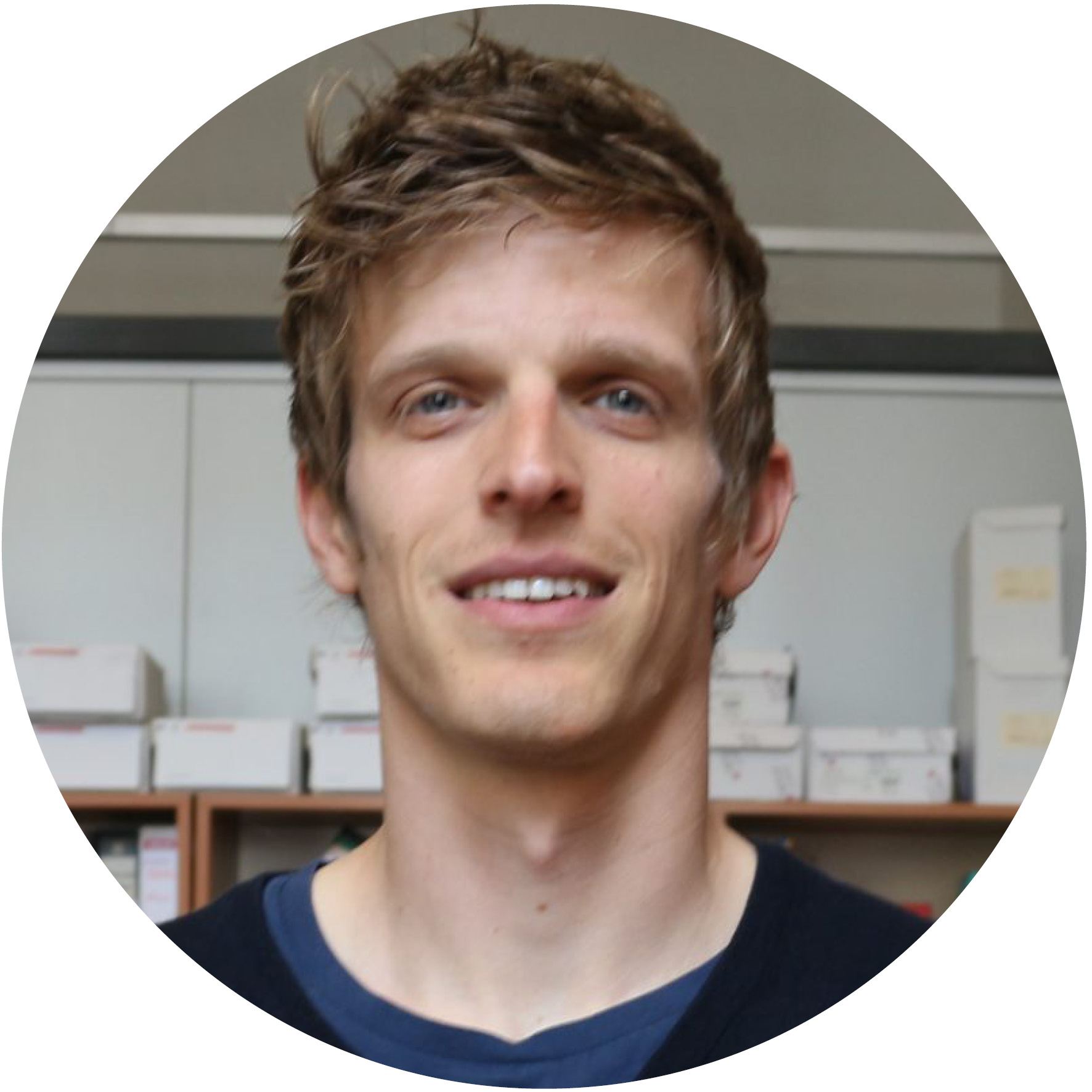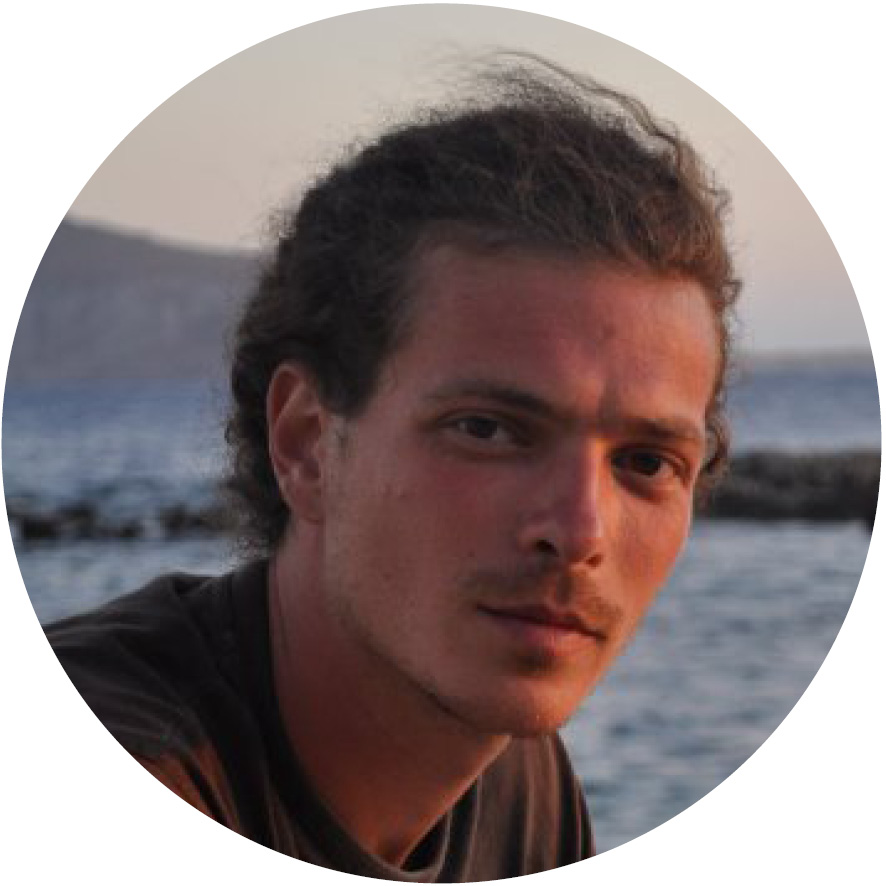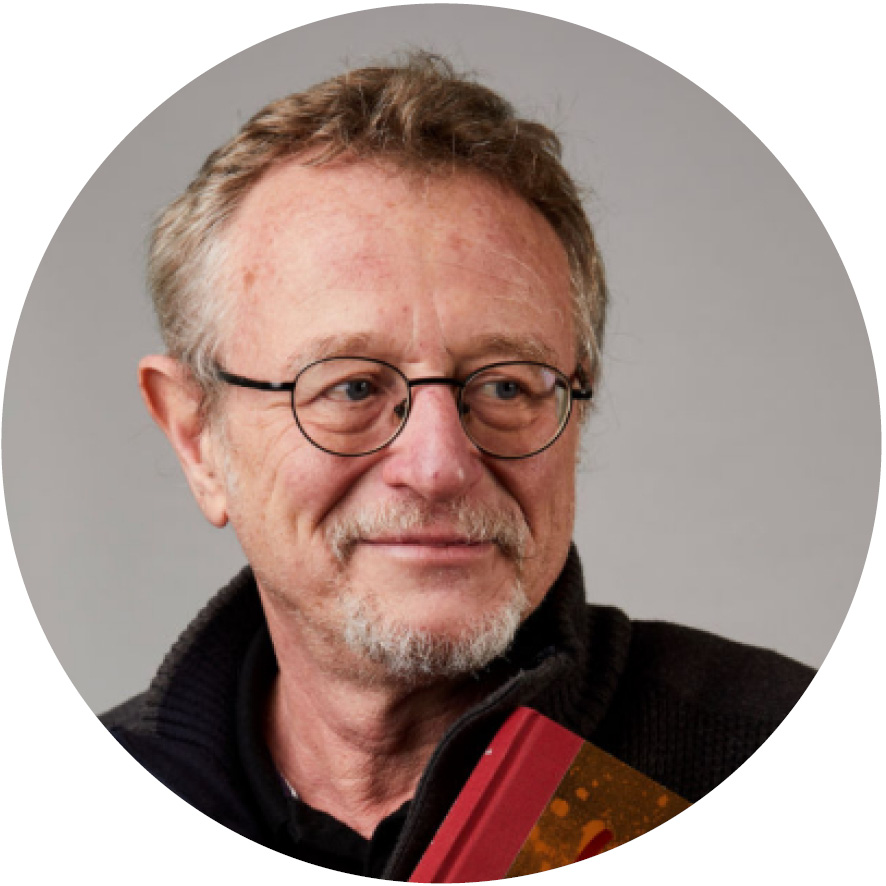Accueil > Séminaires/Colloques > Séminaires > Framing Nature in Law : New European Pathways > Framing Nature in Law : New European Pathways
Framing Nature in Law : New European Pathways
La question des droits de la nature a déjà été largement discutée à travers le monde. L’ambition de ce séminaire est de se concentrer sur les développements et les lignes de pensée européens afin d’analyser comment la nature est conceptualisée et traduite en droit. La récente reconnaissance de la Mar Menor en Espagne pourrait être un premier pas, mais elle doit être évaluée de manière critique.
La composition du comité d’organisation est interisciplinaire et multidisciplinaire, réunissant des philosophes, des juristes et des économistes. Nous apprécions donc particulièrement les approches interdisciplinaires.
L’objectif principal du séminaire est donc de mener une réflexion critique sur les ambiguïtés des droits de la nature. Malgré une présence de plus en plus remarquée dans les espaces académiques, militants et médiatiques, il nous semble que l’expression de droits de la nature regroupe des approches parfois très différentes. Parle-t-on de droits au sens purement juridique du terme, ou plutôt de droits moraux ? Est-ce vraiment la même chose de faire de la nature un sujet de droit ou une personne morale ? S’agit-il seulement d’une question de qualité pour agir, inspirée des "personnes morales", ou s’agit-il de transformer radicalement le ou les paradigmes dominants du droit de l’environnement ? Après tout, les droits de la nature n’ont-ils pas déjà été consacrés dans une série de dispositions existantes, même si c’est de manière implicite ? Ces questions ne peuvent être évitées, surtout lorsque les positions sur le sujet sont très souvent plus une question de principe que d’analyse scientifique bien informée.
Ce séminaire est co-organisé par le CEDRE de l’Université Saint-Louis Bruxelles, les laboratoires CRED et CERSA de l’université Paris 2 Panthéon-Assas, le centre de recherche Prospero et l’équipe ECN (Environnement : Concepts et Normes) de l’Institut Jean Nicod de l’École normale supérieure.
Lieu : Sur zoom
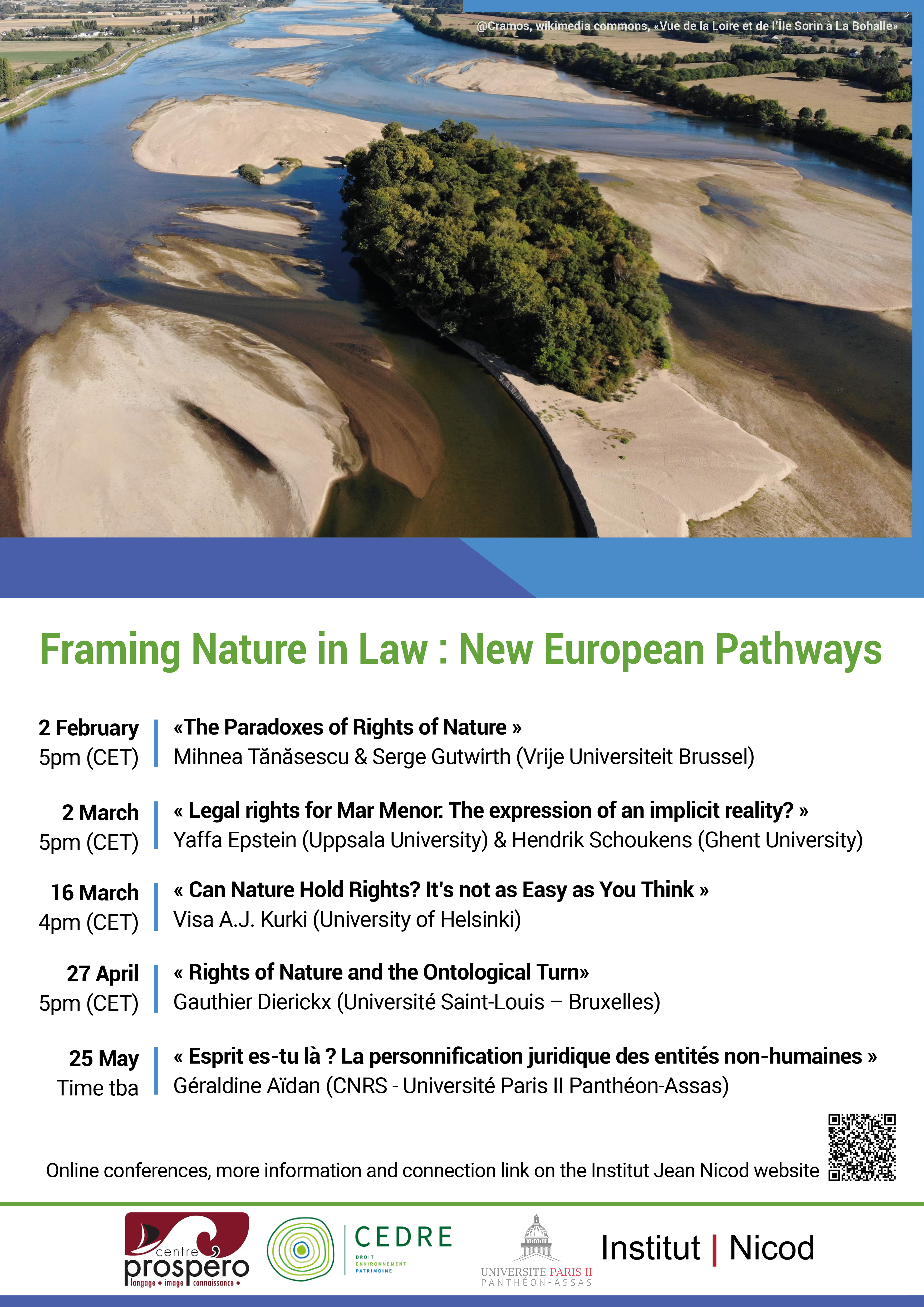
Prochaines Sessions
|
|
Géraldine Aïdan (CNRS - Université Paris II Panthéon-Assas) “Esprit es-tu là ? La personnification juridique des entités non-humaines” 25 mai 2023, 17h |
Quelle est la prise en compte de l’esprit, entendu au sens large (métaphysique, psychique, cognitif, ou artificiel) dans la personnification juridique des non-humains ?
En distinguant le registre du discours de celui du droit, nous reviendrons sur ce qu’il faut entendre par « personne juridique » dans une conception kelsenienne et nous demanderons si et à quelles conditions le droit peut saisir ce qui est « invisible » ou ce qui n’existe pas – selon une certaine ontologie. Dans quelle mesure le droit est-il contraint par une ontologie préalable ? Peut-il attribuer une personnalité juridique à des fantômes, des créatures spirituelles, protéger le « bien être » d’une rivière ou encore reconnaitre un « préjudice psychique » à des robots ?
En partant du droit positif, nous proposerons l’hypothèse de l’émergence d’une "psychépolitique" renforcée par l’encadrement juridique contemporain de l’esprit humain étendu désormais au non-humain.
> Se connecter à la session sur Zoom <
—
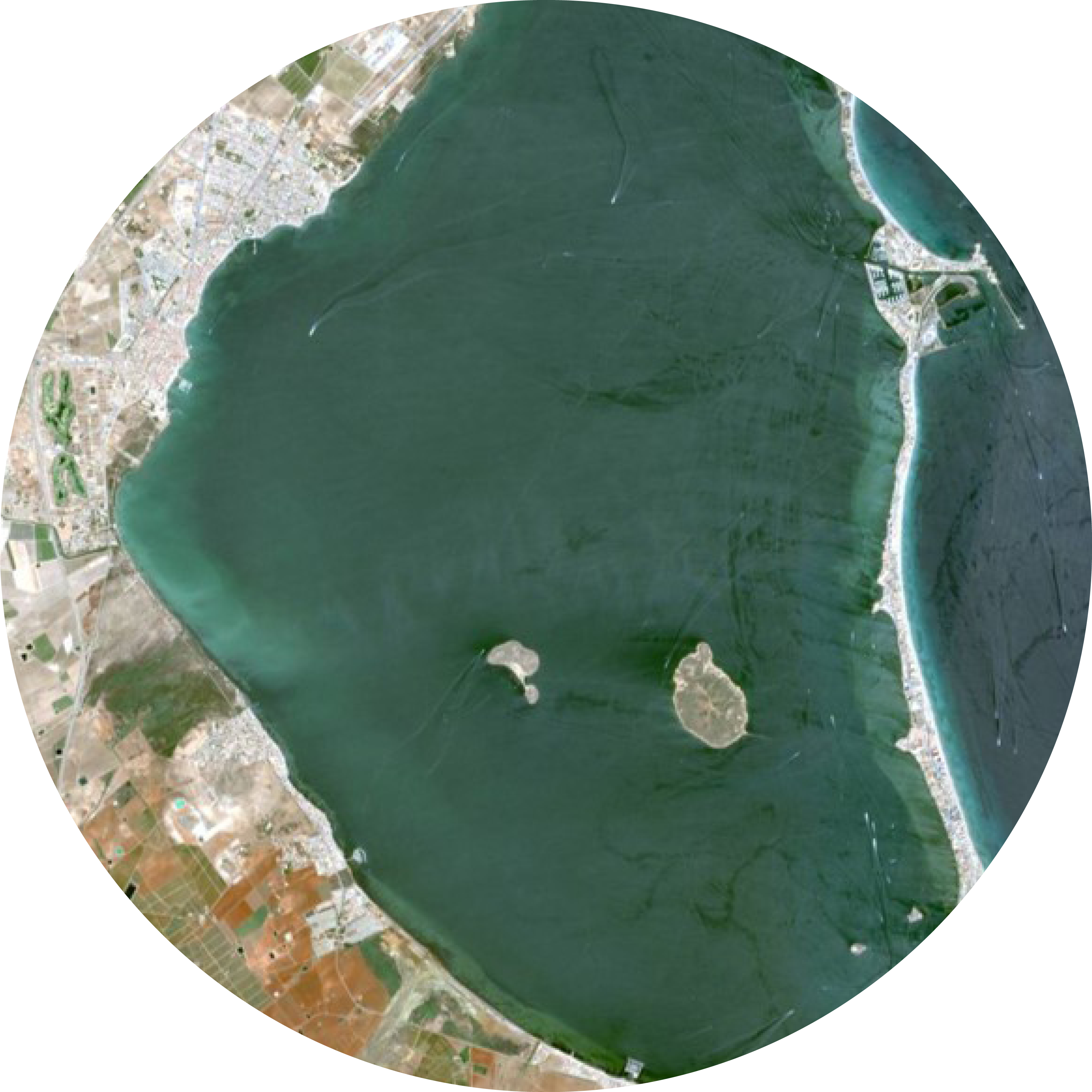 |
Colloque de clôture - "Comment l’émergence des Droits de la Nature en Europe est-elle possible ?" Jeudi 8 juin 2023, de 9h à 13h en Salle des Conseils Université Panthéon-Assas – 12 place du Panthéon |
Cette matinée de travail prendra acte des diverses formes du mouvement global, depuis une dizaine d’années, en faveur des droits de la nature. Depuis les cas exemplaires de la constitutionalisation de tels droits en Bolivie et en Equateur vers 2010, ou de la personnalisation juridique du fleuve Whanganui en Nouvelle-Zélande en 2017, les exemples se sont multipliés, la réflexion sur la nature de ces droits, favorable ou critique, s’est ramifiée. Diverses initiatives européennes ont pris place, l’une d’elle a abouti a conféré des droits à une lagune espagnole, le Mar Menor. Les participants à cette matinée tâcheront de faire le point sur la possibilité et la pertinence des droits de la nature dans le contexte légal et culturel européen.
Sessions Passées
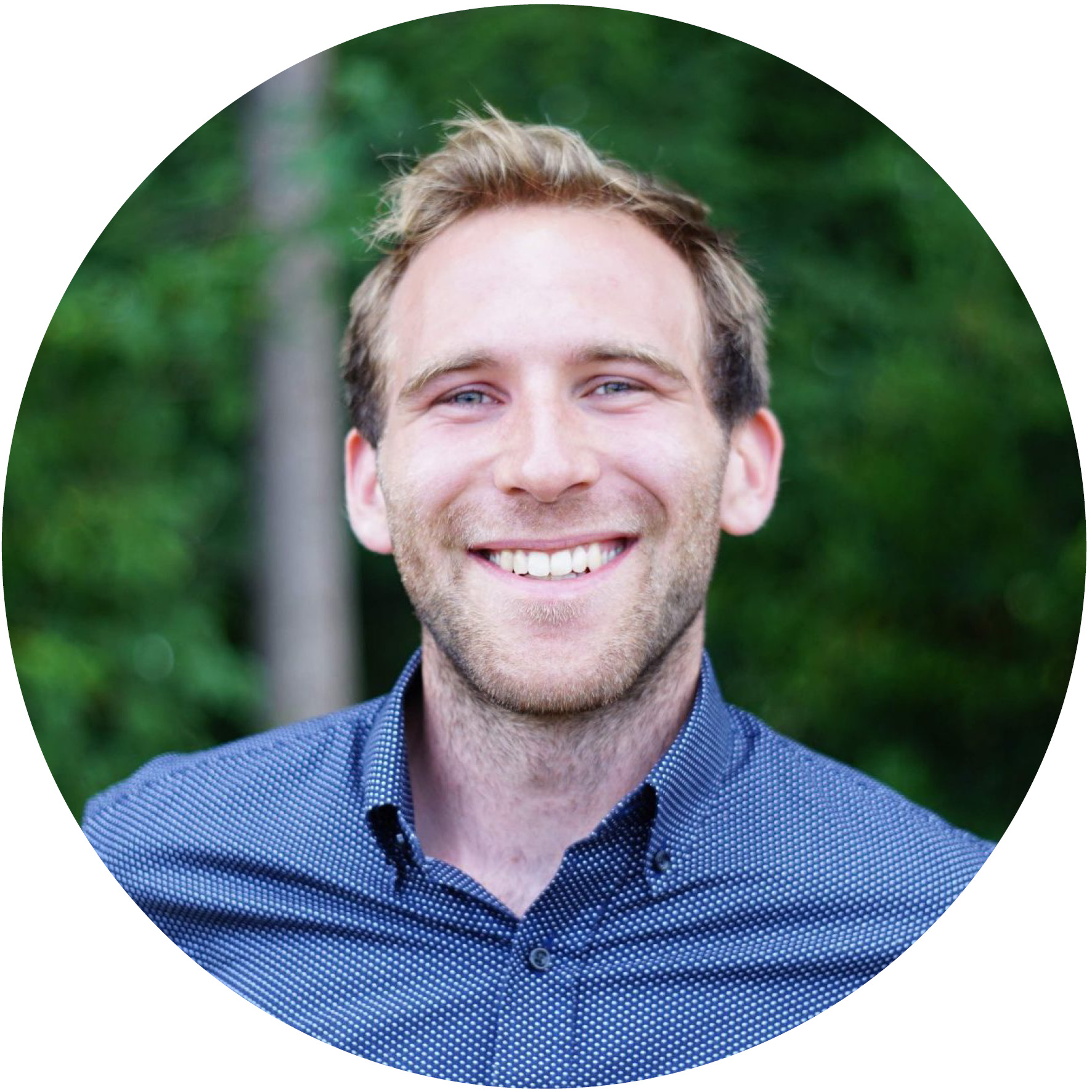 |
Gauthier Dierickx (Université Saint-Louis – Bruxelles) “Rights of Nature and the Ontological Turn” 27 avril 2023, 17H (CST) |
For proponents of the ontological turn (Latour, Descola, Viveiros de Castro, Stengers ?), the nature/culture divide, far from being universal and ahistorical, is actually a contingent product of what they call “Western Modernity”. Accordingly, other ontologies or worlds, they argue, are possible, and even appealing.My aim is threefold. First, I will demonstrate that an ontological approach can help us better understand the political and/or ecological implications of some rights of nature cases. Among other things, I will show that those cases try to resolve “ontological conflicts” (Blaser) between indigenous peoples and States. Second, I will argue that this ontological approach is also useful to grasp the interest of Rights of Nature within a European framework. The experience of the Parliament of Loire (Parlement de Loire) will constitute here a precious resource. Finally, throughout this communication, I will, more speculatively maybe, examine the specific ontological regime of law, as well as the role that it may play in the advent of a “new climatic regime” (Latour).
—
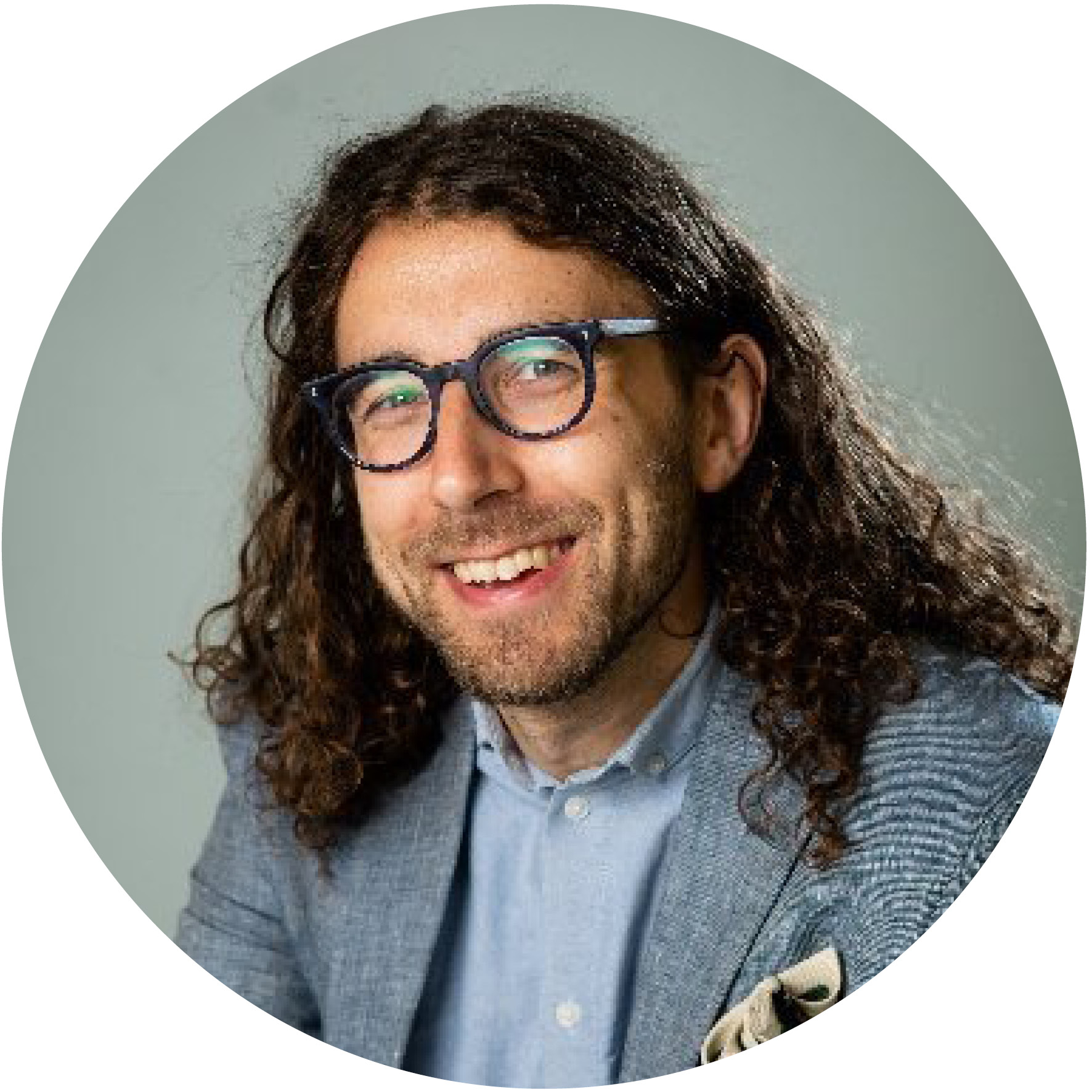 |
Visa A.J. Kurki (University of Helsinki) “Can Nature Hold Rights ? It’s not as Easy as You Think” 16 mars 2023, 16h CET |
The Rights of Nature movement has recently achieved significant successes in using legal personhood as a tool for environmental protection. Perhaps most famously, the Whanganui River in New Zealand was accorded legal personhood in 2017. These kinds of developments have attracted plenty of scholarly interest, but not from the point of view of analytic legal philosophy. In this talk, I will attempt to remedy that gap. I will present my theory of legal personhood and apply it to environmental personhood. In particular, I will focus on an underlying question : can natural areas, such as rivers, or other non-sentient natural entities actually be legal persons ?
Based on my theory and the work of Kauffmann and Martin, I will distinguish between giving rights and legal personhood to nature. As regards the latter, I will distinguish between direct and indirect legal personhood. The case of the Whanganui River is an example of the direct legal personhood model : it purports to grant legal rights to the river directly. Some other jurisdictions have set up legal persons to administer rivers, without declaring the rivers themselves to be legal persons : the indirect legal personhood model. I will offer some arguments for why legal personhood cannot be attributed to rivers directly.
The talk is largely based on my article “Can Nature Hold Rights ? It’s Not as Easy as You Think”. Transnational Environmental Law, 11(3), 525–552.
—
|
|
|
Yaffa Epstein (Uppsala University) Hendrik Schoukens (Ghent University) Legal rights for Mar Menor : The expression of an implicit 2 mars 2023, 5pm (CET) |
Spain recently became the first European country to explicitly grant rights and legal personhood to a natural entity, the Mar Menor lagoon and basin. This new law has been both celebrated and criticized by legal experts. One of the justifications for the personhood of Mar Menor is that despite its legal protection under Spanish and EU law as a Natura 2000 site, it is badly polluted by fertilizers and other effluents, amongst other environmental problems. Our presentation, based on a forthcoming article, compares the legal protection for Mar Menor under the Habitats Directive, the Mar Menor legal personhood law, and the proposed EU nature restoration regulation. We examine the similarities and differences in existing and proposed EU legislation and explicit legal rights, and analyze what personhood might add to traditional environmental legal protection for Mar Menor. Can explicit legal rights really lead to improvement in the environment, or is this new law just a reiteration of existing protection ?
—
|
|
|
Mihnea Tănăsescu and Serge Gutwirth (Vrije Universiteit Brussel) "The Paradoxes of Rights of Nature" 2 février 2023, 17h (CET) |
Granting rights to nature is an increasingly popular practice. Though only a decade ago it was a fringe movement, it has now become an almost dominant way of talking about environmental protection. This breakneck speed asks for slowing down and thinking, it asks for posing some crucial questions, or perhaps for identifying some of the new problems that are being constructed. What are the rights of nature about, and are they always about nature ? How may we understand what they are trying to do, and is it always the same ? And how do we know that they have succeeded in their project ? These are some of the problems that are being articulated around the right of nature, and that need careful attention.
In this seminar, we will tackle these issues through the crossing of political and legal theory. The basic assumption is that law and politics do not exist without each other. Therefore, the rights of nature have to be subjected to this double treatment. We begin by setting the historical stage and showing that different strands of rights of nature have developed so far. Close attention to this diversity is important, not least for plotting the power relations involved, and the uneasy relation between moral and legal considerations. These rights are formulated in the midst of complex relations between different communities of practice, each operating with different concepts of nature and having different relations with the concept of rights. We draw out some of this complexity, and show how it crosses legal and political practices in novel ways.

